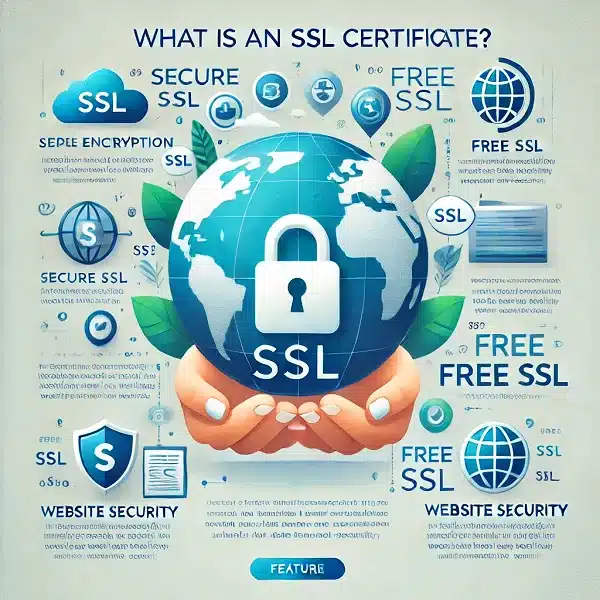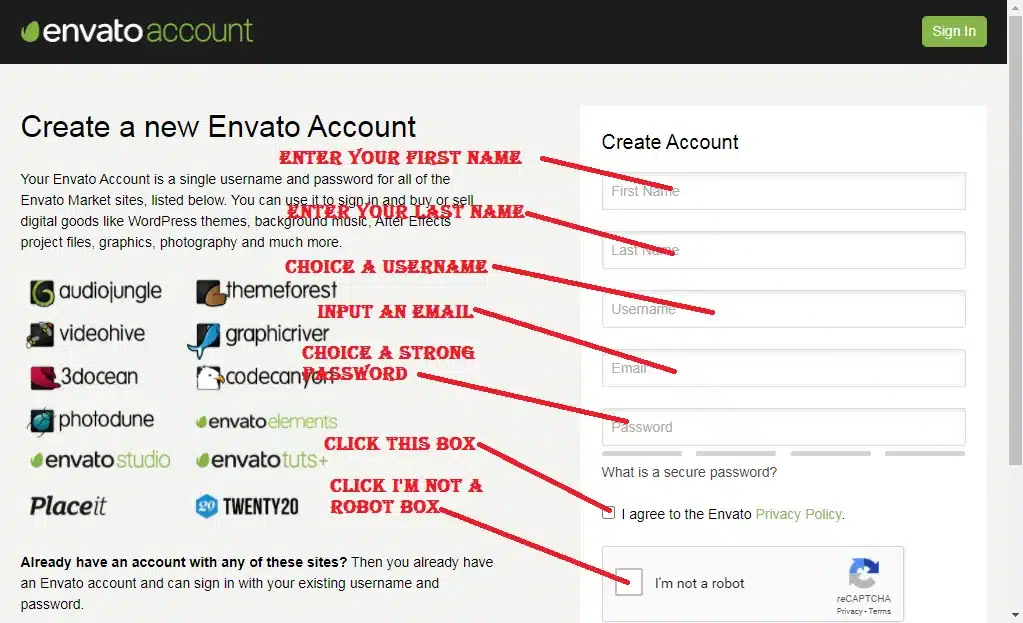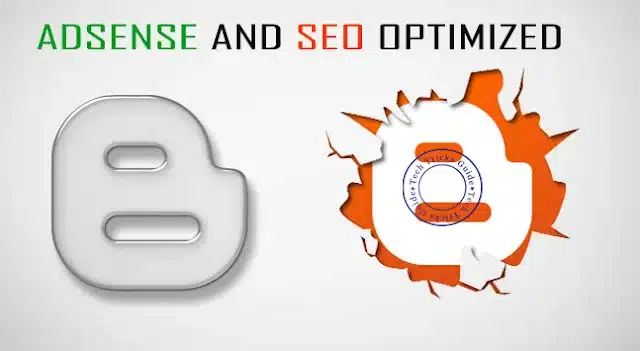What is an SSL Certificate? Learn the Importance of Free and Unlimited SSL for Your Website

In the modern digital age, online security is crucial for businesses and websites. As more users rely on the internet for personal and financial transactions, securing data and maintaining trust have become non-negotiable. This is where SSL certificates come into play. But what exactly is an SSL certificate, and why is it essential for your website?
In this article, we will break down the basics of SSL certificates, explain how they work, and explore why they are vital for your website’s SEO and security.
What is an SSL Certificate?
An SSL certificate (Secure Sockets Layer certificate) is a digital certificate that authenticates a website’s identity and enables an encrypted connection between the server and the user’s browser. This encryption ensures that any data exchanged—like passwords, credit card numbers, or personal information—is kept secure from hackers and cybercriminals.
When a website has an SSL certificate, it displays HTTPS in the URL and a padlock symbol in the browser’s address bar, indicating that the website is secure.
How Does an SSL Certificate Work?
SSL certificates work through a process known as encryption. Here’s a step-by-step look at how they secure your data:
- Handshake Process: When a user visits a website with SSL, their browser requests the website’s SSL certificate to authenticate the server.
- Encryption: Once authenticated, the server and the browser establish a secure, encrypted connection.
- Data Transfer: All the data transferred between the user’s browser and the website server is encrypted, meaning only the intended recipient can decipher the information.
This process happens in milliseconds and is invisible to the user. The result is a secure connection that protects user data from being intercepted by third parties.
Types of SSL Certificates
There are several types of SSL certificates, each suited for different needs:
- Domain Validated (DV) SSL Certificates: These are the most basic type of SSL certificate, verifying only the ownership of the domain.
- Organization Validated (OV) SSL Certificates: These certificates verify the organization’s identity, offering a higher level of security and trust.
- Extended Validation (EV) SSL Certificates: The highest level of SSL, these certificates provide the green address bar, making it clear that the website is highly secure.
- Wildcard SSL Certificates: These allow you to secure a domain and all its subdomains with a single certificate.
- Multi-Domain SSL Certificates: These certificates secure multiple domains with one certificate, ideal for companies managing several websites.
Why is an SSL Certificate Important?
1. Data Protection: The most critical reason for using an SSL certificate is data security. With SSL, any information exchanged between the user and the website is encrypted, making it almost impossible for hackers to access.
2. Builds Trust: When users see the padlock icon or HTTPS in the address bar, they feel more confident sharing sensitive information. In fact, many visitors will avoid websites that are marked as “Not Secure” by browsers like Chrome or Firefox.
3. SEO Boost: One of the biggest advantages of using SSL is the SEO benefit. Google announced that HTTPS is a ranking signal, meaning websites with SSL certificates are more likely to rank higher in search engine results than those without.
4. Compliance with Standards: SSL certificates are often required by industry regulations. For example, PCI DSS compliance for online stores requires SSL to secure credit card information during transactions.
5. Protects from Phishing Attacks: SSL certificates help reduce the risk of phishing. Malicious websites won’t have a valid SSL certificate, making it easier for users to spot fraudulent sites.
Why SSL is Crucial for SEO
In today’s competitive digital landscape, SEO (Search Engine Optimization) plays a huge role in driving organic traffic. SSL certificates directly impact your site’s SEO, and here’s how:
- Google’s Ranking Algorithm: Google prioritizes HTTPS sites in its rankings. A website with an SSL certificate will perform better than non-secure sites.
- Trust Signals: HTTPS websites with SSL certificates send trust signals to visitors. This increased trust often leads to lower bounce rates and higher engagement, improving your website’s overall SEO performance.
- Site Security: SSL ensures that user data is encrypted and secure, preventing malicious attacks that can negatively affect your site’s reputation and SEO rankings.
How to Get an SSL Certificate
There are several ways to get an SSL certificate, depending on your website’s needs:
- Free SSL Certificates: Many services, such as Let’s Encrypt and Senjop.com, offer free SSL certificates for websites. These are ideal for small sites and blogs.
- Paid SSL Certificates: For more robust security, especially for eCommerce websites, paid SSL certificates offer additional features like extended validation (EV), wildcard, and multi-domain options.
- Web Hosting Providers: Many web hosting companies include free SSL certificates as part of their hosting packages.
How to Install an SSL Certificate
The installation process may vary depending on your web host, but here are the basic steps:
- Generate a Certificate Signing Request (CSR): This is done through your hosting control panel or directly on your server.
- Submit the CSR: Send the CSR to the Certificate Authority (CA) to validate your request.
- Install the SSL Certificate: Once the SSL certificate is issued, install it on your server using your hosting provider’s instructions or manually if you’re managing your own server.
- Update Internal Links: After installing the SSL certificate, ensure all internal links point to the HTTPS version of your site to avoid mixed content issues.
Common SSL Certificate Issues
- Mixed Content Warning: If your website contains both HTTP and HTTPS resources, browsers may display a warning that parts of the site are insecure.
- Expired SSL Certificates: SSL certificates need to be renewed periodically. An expired certificate will result in warnings to users, deterring them from visiting your site.
- Incorrect Installation: If the SSL certificate is not installed correctly, your website may display a warning or fail to load over HTTPS.
Conclusion
An SSL certificate is not just an optional extra for your website; it’s a fundamental security measure that can protect your users and boost your SEO. Whether you’re running a personal blog or an eCommerce store, having an SSL certificate is essential for maintaining user trust and improving your website’s visibility on search engines.
For free and reliable SSL certificates, services like Senjop.com offer a hassle-free way to secure your website with unlimited, no-login SSL certificates, giving you peace of mind while enhancing your site’s performance.
Ready to secure your site with a free SSL certificate? Visit Senjop.com and get started today. Protect your users’ data and boost your SEO without any cost or complex registration process.
Post A Comment
Popular Posts

Apr 05, 2025

Apr 02, 2025



One thought on “What is an SSL Certificate? Learn the Importance of Free and Unlimited SSL for Your Website”